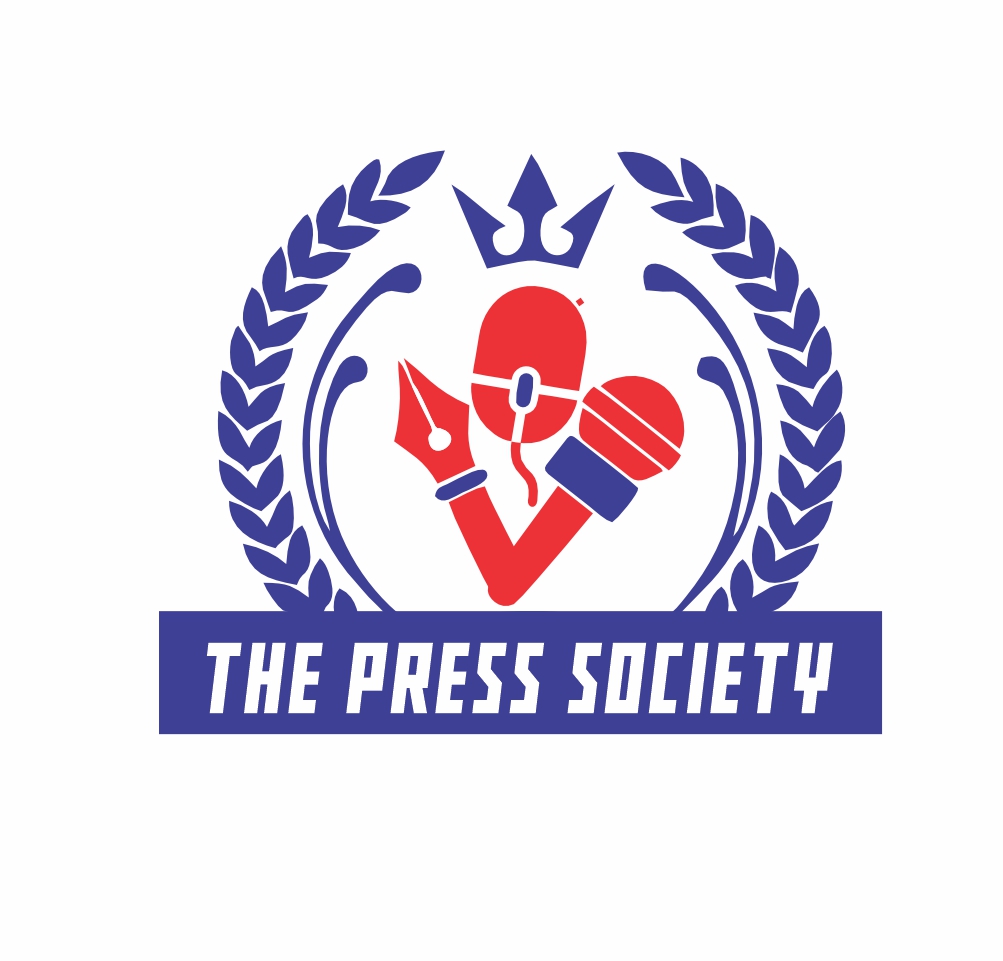 Nigeria’s inflation rate surged to 34.60% in November 2024, up from 33.88% recorded in October, underscoring growing economic hardship for the populace. This was revealed in the latest Consumer Price Index (CPI) and Inflation Report released by the National Bureau of Statistics (NBS).
Nigeria’s inflation rate surged to 34.60% in November 2024, up from 33.88% recorded in October, underscoring growing economic hardship for the populace. This was revealed in the latest Consumer Price Index (CPI) and Inflation Report released by the National Bureau of Statistics (NBS).
The report highlighted a 0.72% increase in headline inflation on a month-on-month basis, reflecting the relentless upward trend in consumer prices.
Comparatively, inflation has surged significantly by 6.40% year-on-year, rising from 28.20% in November 2023 to its current level, signaling a deepening strain on household purchasing power.
 Food Inflation Drives the Surge
Food Inflation Drives the Surge
The report further pinpointed rising food prices as the primary driver behind the increase, pushing food inflation to 39.93% in November, up from 39.19% in October. Nigerians, particularly in urban and rural areas, have borne the brunt of this inflationary pressure, with urban inflation hitting 37.10%, while rural inflation stood at 32.27%.
CBN Interest Rate Hikes as a Response
The inflationary surge comes against the backdrop of the Central Bank of Nigeria’s (CBN) aggressive monetary tightening policies. In its most recent move, the Monetary Policy Committee (MPC), during its 297th meeting in November, raised the country’s interest rate from 27.25% to 27.50%, citing rising inflation as a key justification.
While the CBN’s strategy aims to curb inflation, the latest figures suggest that price pressures remain unrelenting, posing challenges for households and businesses alike.
Rising Hardship for Nigerians
The worsening inflationary environment continues to strain the cost of living for Nigerians, particularly with food and essential commodities becoming increasingly unaffordable for many. Analysts have linked the rising inflation to persistent challenges such as disruptions in the food supply chain, exchange rate volatility, and increasing production costs.
The government, in collaboration with the CBN, faces mounting pressure to adopt multi-faceted solutions that can stabilize prices, protect consumers, and mitigate the economic hardship facing citizens.
As Nigeria navigates these inflationary headwinds, the latest data serves as a wake-up call for policymakers to accelerate interventions aimed at fostering economic stability and easing the burden on the populace.





